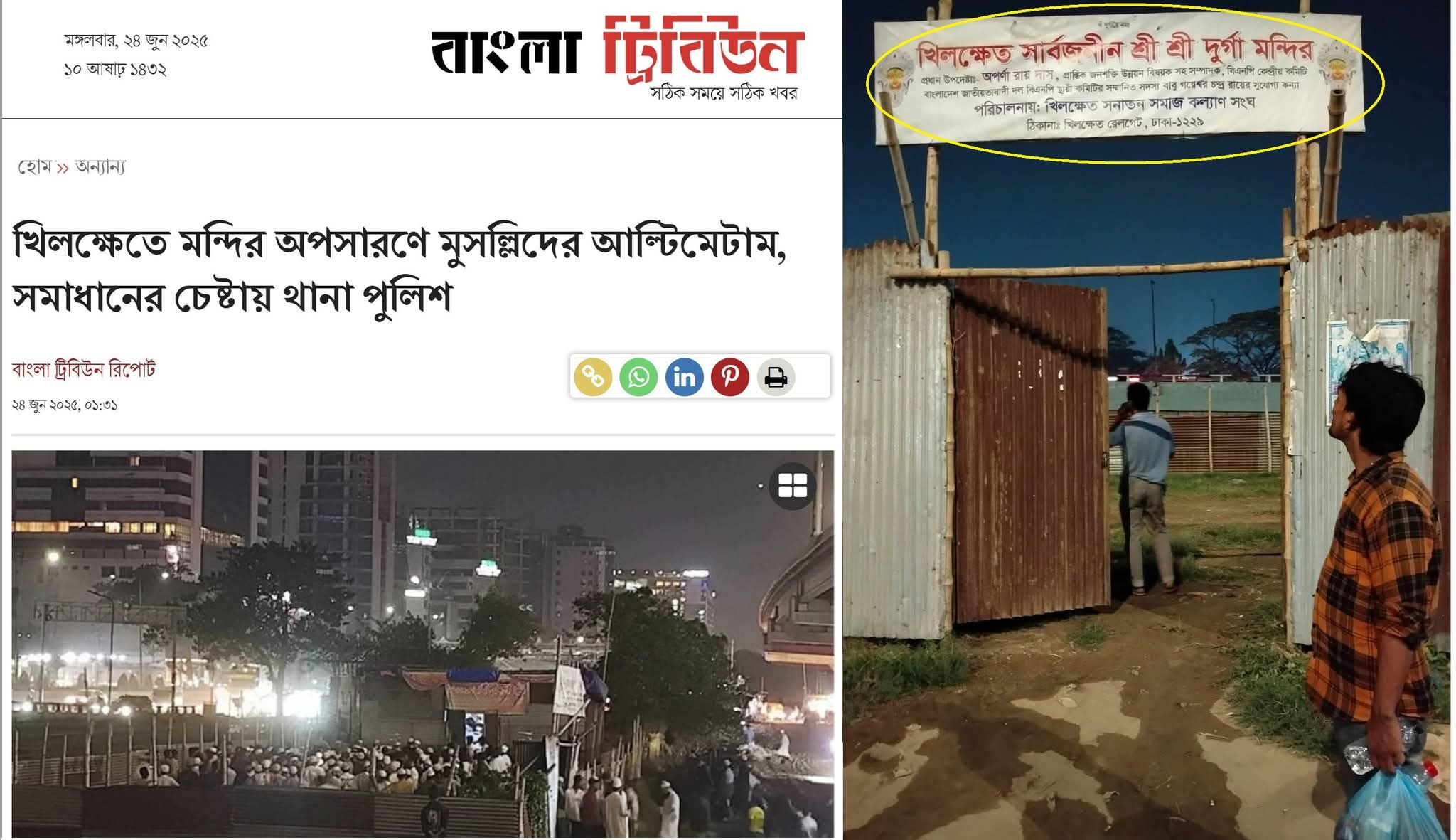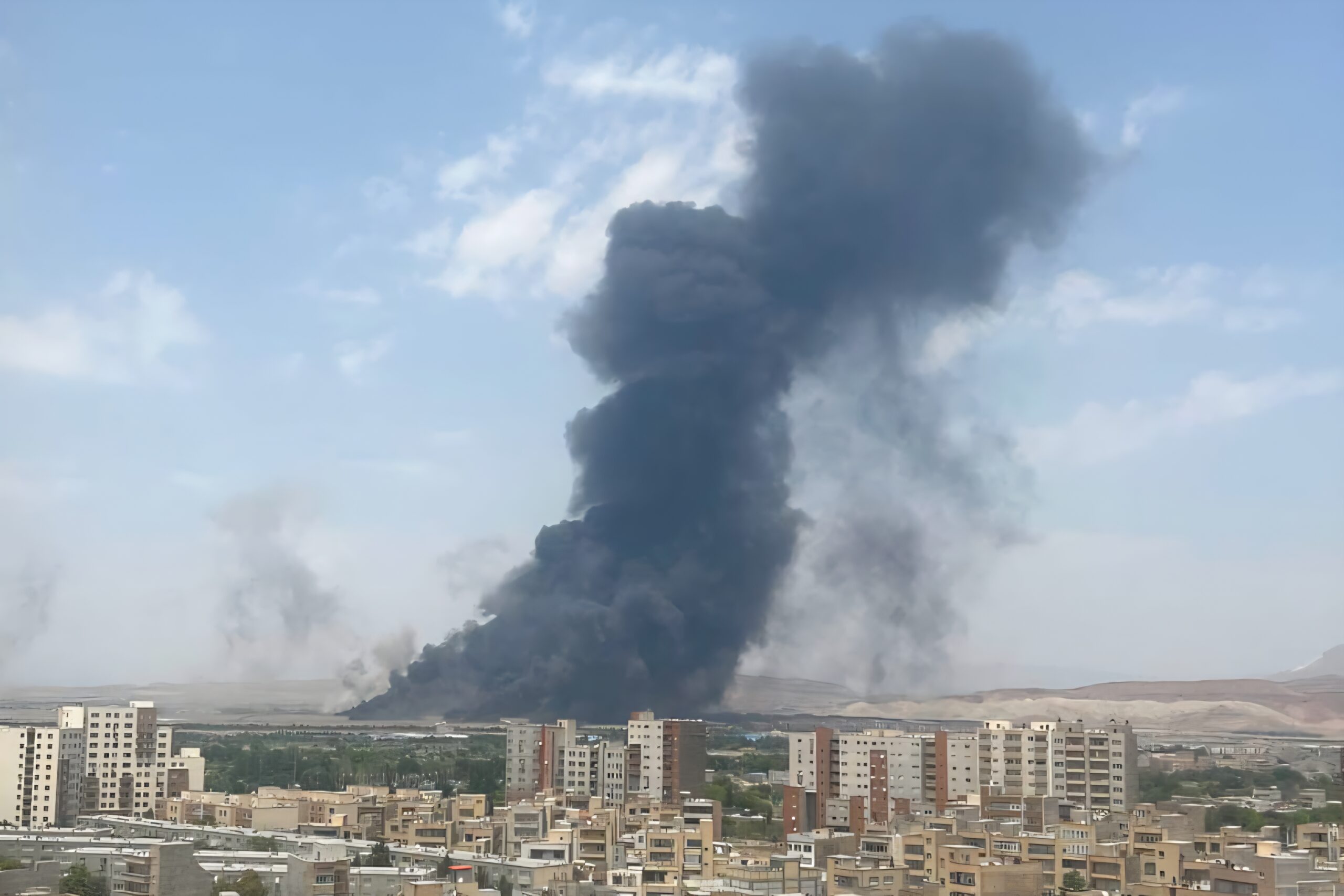An Investigative report on Indian media’s role in cross-border relations and regional journalism practices.
India’s ABP Group, one of the country’s most influential media conglomerates, has come under scrutiny for its 2024 coverage of events in neighboring Bangladesh. Allegations of biased reporting and sensationalism have sparked debate over the group’s role in shaping public opinion and exacerbating regional tensions. Critics argue that ABP’s editorial practices, particularly in its Bengali-language platforms, reflect deeper systemic issues within Indian journalism, including political alignment and a troubling erosion of fact-checking.
Ownership and Editorial Independence: A Family Affair
At the heart of the controversy lies the ABP Group’s ownership structure. The Sarkar family’s near-total control—holding 99.99% ownership—raises questions about editorial independence. Media watchdogs have long warned that concentrated ownership undermines journalistic objectivity, enabling media outlets to align coverage with the economic and political interests of their proprietors.
- Aveek Sarkar, Vice Chairman, wields significant editorial influence, leveraging his connections with India’s political and business elites.
- Atideb Sarkar, Executive Director of ABP News Network, has driven an aggressive editorial and expansion strategy that many believe fuels polarizing narratives.
Such ownership concentration mirrors broader trends in Indian media, where oligopolistic control often leads to alignment with dominant political ideologies, eroding the plurality essential to democracy.
Patterns of Political Bias
The ABP Group has frequently been accused of favoring narratives that align with India’s right-wing political establishment. Analysts note a consistent pattern in the group’s editorial stance, from amplifying Hindu nationalist rhetoric to selectively highlighting issues that bolster the Bharatiya Janata Party (BJP)’s electoral strategy.
- West Bengal Elections: During the 2021 state elections, ABP Ananda faced allegations of skewed coverage, portraying the Trinamool Congress (TMC) unfavorably while softening narratives around BJP candidates.
- Cultural Polarization: ABP platforms often emphasize incidents of Hindu victimhood in India and Bangladesh, feeding into communal tensions without adequate corroboration.
2024 Bangladesh Coverage: Misinformation and Its Impact
ABP’s reporting on Bangladesh in 2024 has emerged as a flashpoint. Critics allege that the group’s sensationalist coverage of minority issues and political unrest has amplified unverified claims, further straining India-Bangladesh relations.
- Inflammatory Narratives: Reports of systematic violence against Hindus in Bangladesh were widely circulated. Fact-checkers later exposed significant discrepancies, with many stories relying on politically motivated sources or anecdotal evidence.
- Impact on Communal Tensions: Such reporting has fueled cross-border hostility, with Indian social media users calling for retaliatory measures, exacerbating tensions in border regions like West Bengal and Assam.
- Sensationalized Migration Stories: ABP News aired unverified claims of mass migration from Bangladesh into India, invoking fears of demographic shifts—a recurring trope in Hindu nationalist discourse.
Experts in South Asian politics argue that these narratives not only misrepresent the complexities of Bangladeshi society but also jeopardize bilateral relations critical for regional stability.
Geopolitical Implications and Diplomatic Fallout
ABP’s portrayal of Bangladesh risks damaging long-standing diplomatic ties between the two nations. Bangladesh, a key trading partner and strategic ally, has pushed back against these narratives, accusing Indian media of irresponsibly exaggerating communal incidents.
- Bangladesh’s Response: Officials highlighted their efforts to address communal violence, including arrests and reparations, and lodged formal protests against ABP’s coverage.
- Regional Stability at Stake: Sensationalist reporting undermines cooperative policymaking on shared challenges like border security and trade, eroding trust on both sides.
A Crisis in Indian Journalism: Broader Trends Reflected in ABP
The ABP controversy underscores systemic flaws in India’s media landscape.
- Consolidation of Ownership: Family-dominated structures, as seen with ABP, foster editorial bias and limit diversity in news coverage.
- Erosion of Investigative Journalism: Financial pressures and shrinking newsrooms have led to over-reliance on unverified sources, weakening the credibility of India’s media ecosystem.
- Polarized Discourse: Media narratives catering to specific ideological audiences deepen societal divides, undermining democratic accountability.
Professor Anjali Verma, a media ethics expert said, “Indian journalism is at a crossroads. Outlets like ABP must choose between sensationalism and the hard path of investigative integrity. Their choices will shape not just public trust but regional geopolitics.”
Recommendations for Reform
To rebuild credibility and mitigate its role in regional discord, ABP and similar media groups must embrace transformative reforms:
- Strengthened Fact-Checking Mechanisms: Establish internal verification teams or collaborate with independent organizations to ensure accuracy in sensitive reporting.
- Cross-Border Media Collaboration: Partner with Bangladeshi journalists to present balanced narratives and prevent misinformation from inflaming tensions.
- Independent Oversight: Create editorial boards free from ownership influence to safeguard journalistic integrity.
- Promotion of Pluralistic Narratives: Elevate underrepresented voices, such as grassroots activists and minority leaders, to offer a more nuanced perspective.
The ABP Group’s 2024 Bangladesh coverage exemplifies the challenges of maintaining journalistic integrity in an era of rapid digital dissemination and polarized politics. While the group’s reach makes it a significant player in shaping South Asian discourse, its credibility is at risk due to allegations of bias and sensationalism.
Reforming its editorial practices could help ABP reclaim its legacy as a trusted media institution, contributing positively to both domestic and regional stability. As media watchdog Rajesh Kumar aptly puts it, “Journalism is not just about influence; it’s about responsibility. ABP must rise to the occasion before its role in society is irreparably tarnished.”
In the broader context, the ABP controversy serves as a stark reminder of the immense power and responsibility wielded by media in shaping the socio-political narratives of the region.







Leave a Reply